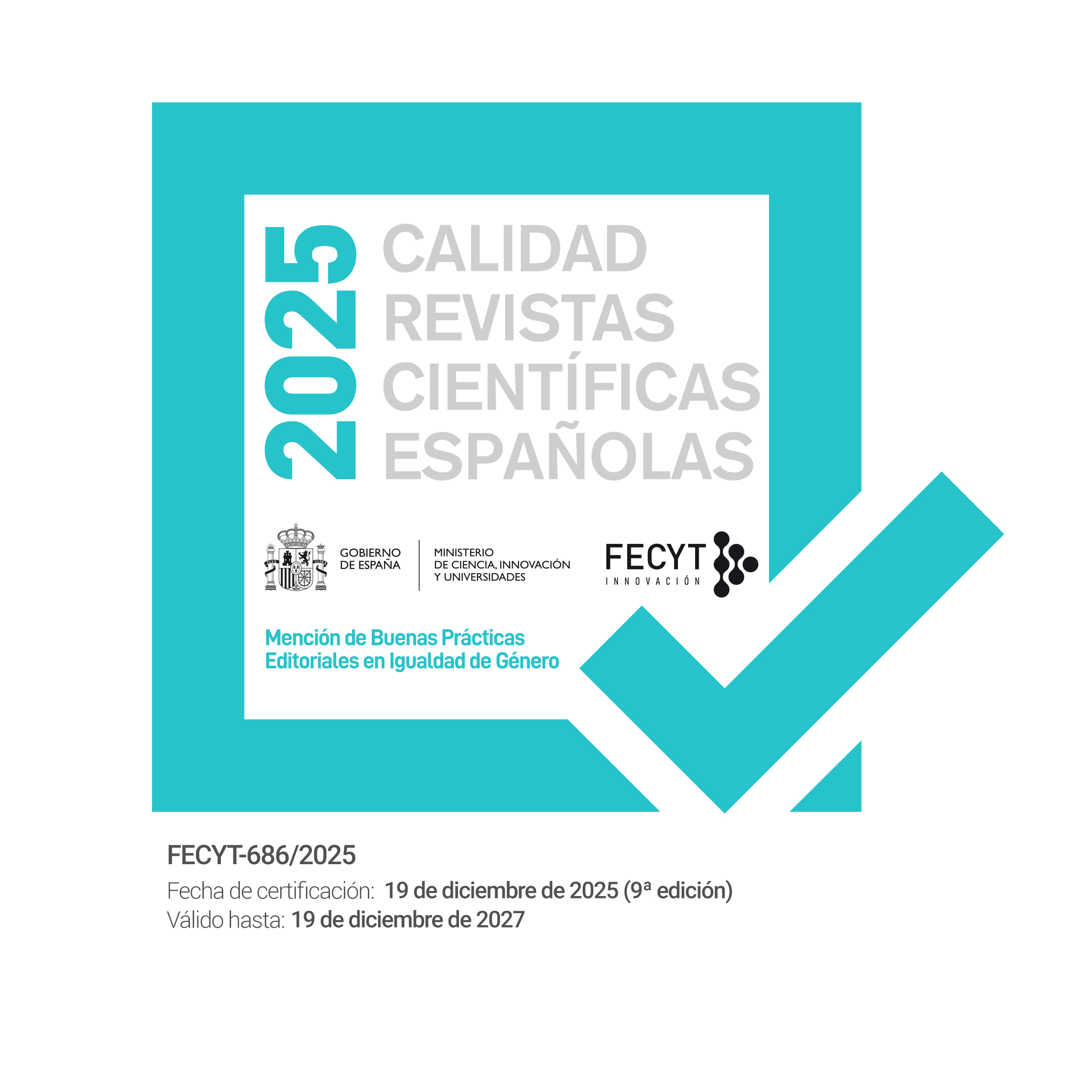Can positive humor reduce stress and anxiety? Relation between humor, personality and performance
DOI:
https://doi.org/10.55414/sryk5w25Abstract
This study aims to increase positive humor as a strategy to reduce levels of anxiety in subjects. For this purpose, 31 students were selected from volunteers who were given a test of perceptual speed to generate stress response (anxiety). Subsequently, subjects were exposed to a video of humor, about 25 minutes' duration (developed specifically for this work). Possible changes in state-anxiety levels were assessed three times: at the beginning of the meeting, after the perceptual speed test and after the video of humor. In addition, were measured personality variables and the level of dispositional optimism of students. The results indicate a significant decrease in state-anxiety levels after viewing a video of humor. We also found that those subjects who show a higher level of dispositional optimism get lower levels of state-anxiety after viewing the video of humor; they have lower scores on neuroticism and higher scores on extraversion. We also observed statistically significant positive correlations between neuroticism and state-anxiety. Furthermore, the results indicate that subjects with higher levels of anxiety at the beginning of the meeting are those who get a worse performance on the perceptual speed test.
CITE AS:
Grases Colom, G., Trías Alcocer, C., Sánchez Curto, C. & Zárate Osuna, J. (2010). Estudio del efecto del humor positivo como variable reductora del estrés y la ansiedad. Relación del humor con variables de personalidad y rendimiento. Apuntes de Psicología, 28, 143-163.
Downloads
Downloads
Published
Issue
Section
License
Copyright (c) 2010 Apuntes de Psicología

This work is licensed under a Creative Commons Attribution-NonCommercial-NoDerivatives 4.0 International License.



























